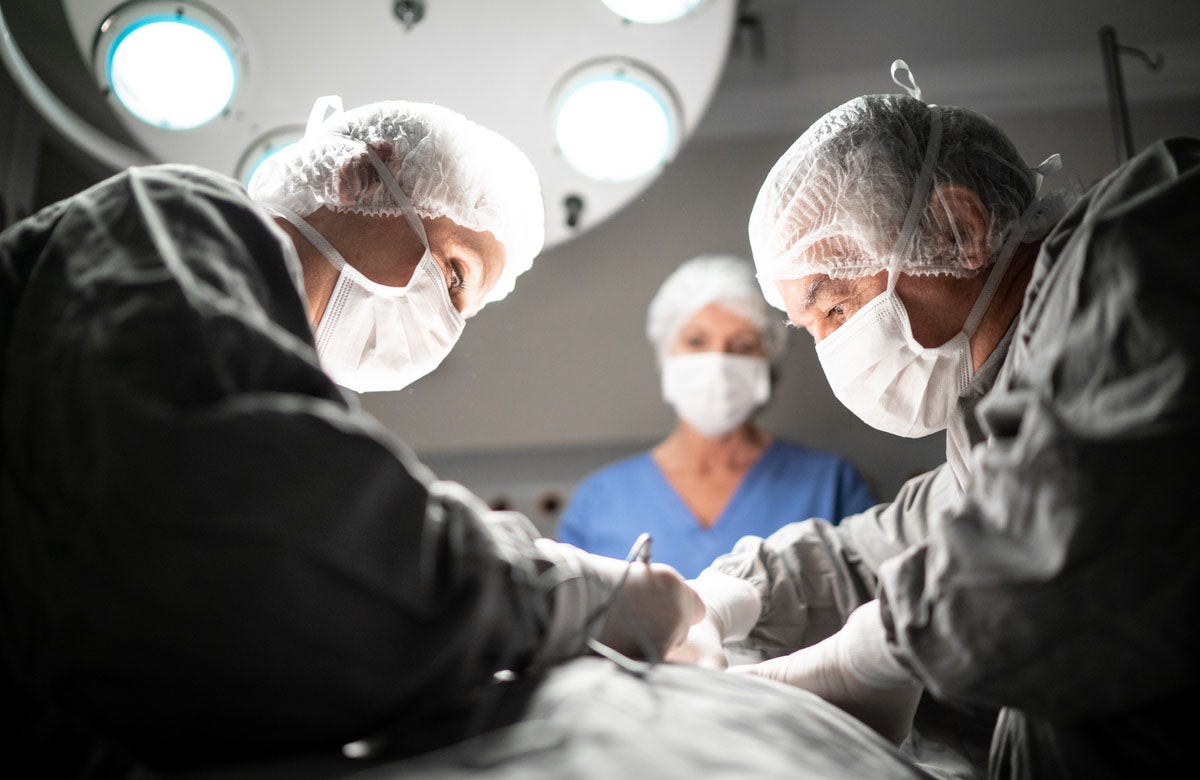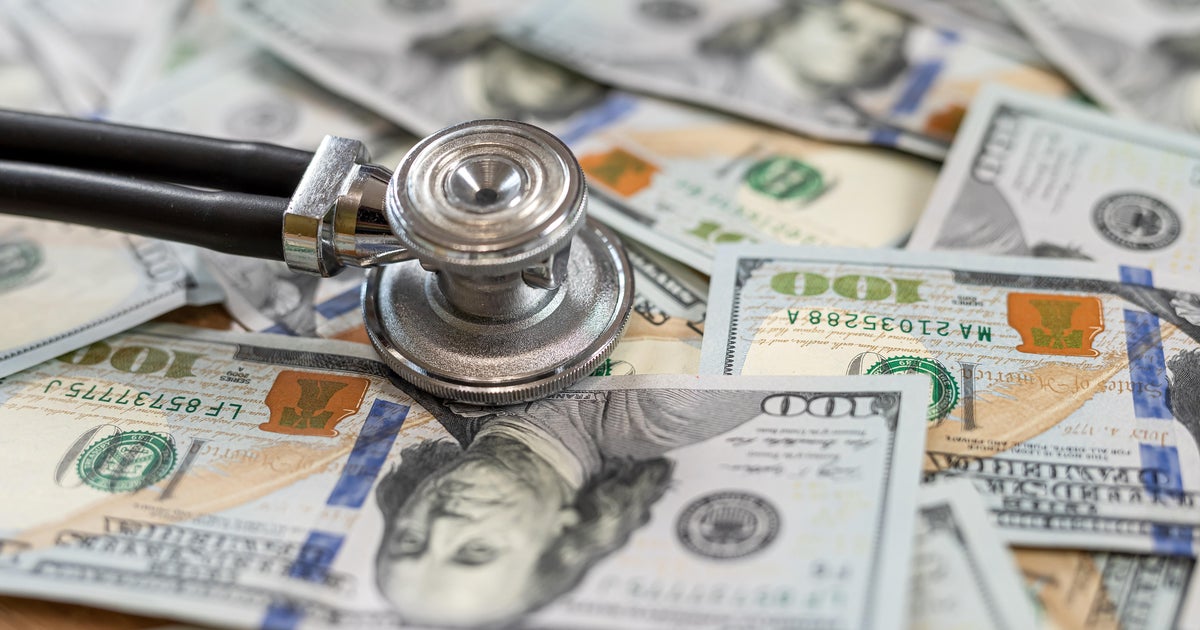The time of day you sit down for Thanksgiving dinner could have a wider effect on your health.
The timing of the meal can make "all the difference for your digestion," Los Angeles-based registered dietitian nutritionist Ilana Muhlstein told Fox News Digital.
Somewhere between 3:30 and 5:00 p.m. is the "sweet spot," she said.
GIVING THANKS CAN MAKE YOU HAPPIER AND HEALTHIER, EXPERTS SAY
"If the meal is too early, say 2 p.m., people tend to linger around the table for hours, leading to multiple helpings of each course just to pass the time," she noted.
"On the other hand, eating too late — like 5:30 p.m. or later — can backfire if people skip meals throughout the day."
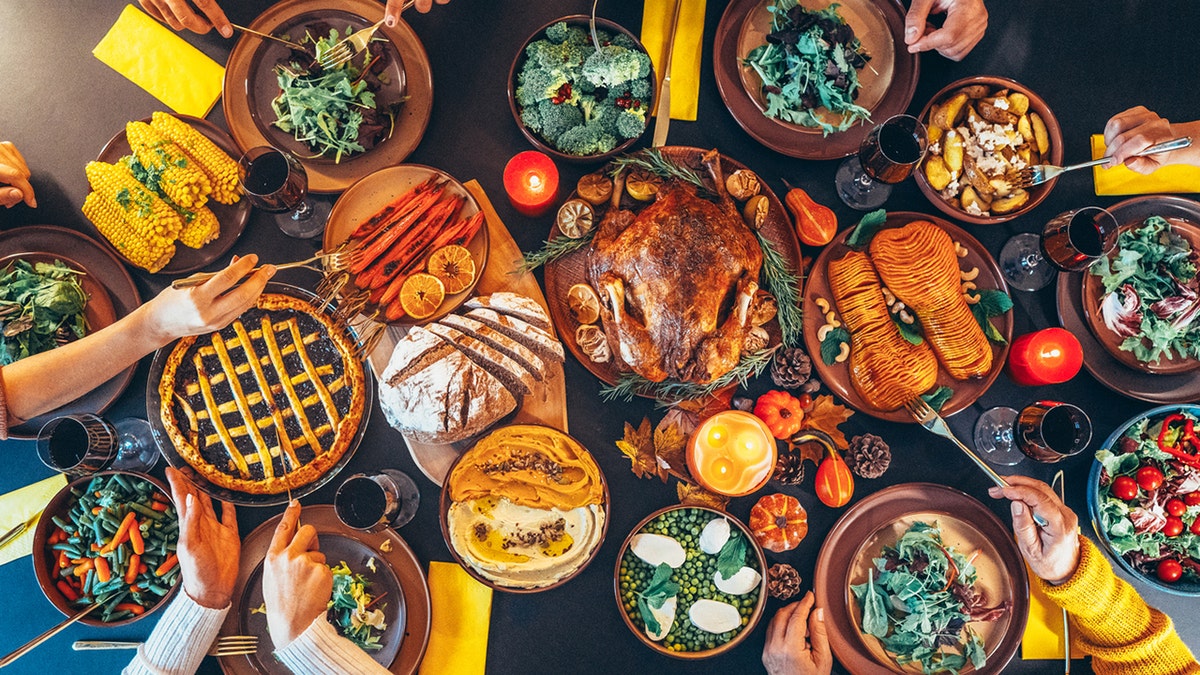
"By having Thanksgiving dinner between 3:30 and 5:00 p.m. and closing the eating window within two hours, you can strike the perfect balance between savoring the meal, enjoying the day and feeling good afterward," an expert advised. (iStock)
Waiting until later to eat often results in "overeating at dinner, feeling uncomfortably stuffed and struggling with digestion or regret," Muhlstein cautioned.
The expert suggests limiting the time you are eating to no more than two hours — and that includes any appetizers or charcuterie.
"Enjoy your Thanksgiving dinner mindfully, savoring each bite and listening to your body’s cues."
"If you start with cheese, crackers, chips, dips and wine right away, your eating window can stretch to three or four hours, making it more likely that you’ll overindulge," she said.
HOLIDAY GATHERING CAN LEAD TO STRESS EATING: TRY THESE 5 TIPS TO CONTROL IT
"Instead, try focusing on drinking water or a seasonal tea, like pumpkin or cinnamon, for the first hour of mingling — then go right into the main course," Muhlstein suggested.
"This way, you’ll have plenty of time to enjoy a substantial Thanksgiving meal and dessert without overdoing it."
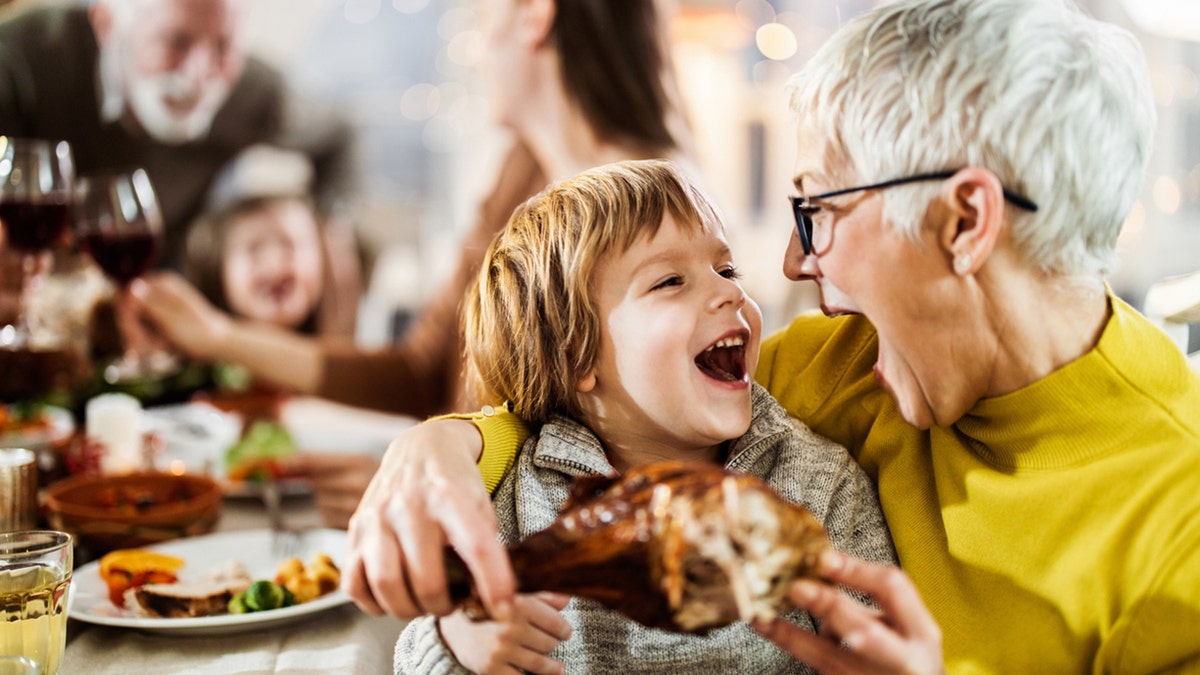
Experts suggest eating a balanced meal before Thanksgiving dinner to prevent overeating later. (iStock)
Jessica Sepel, clinical nutritionist and founder of JSHealth Vitamins, told Fox News Digital in a separate conversation that the timing is less important than how you approach the meal itself.
Sepel, who is also based in Los Angeles, does suggest eating the main meal before 9:00 p.m., which will allow the body to "digest properly before winding down for the night."
FOOD RECALLS AHEAD OF THANKSGIVING: 3 YOU MUST KNOW ABOUT
Beyond timing, Sepel recommends a few more options to support good digestion and overall well-being on Thanksgiving.
This includes sipping fennel or ginger tea before or after the meal to support digestion.
"These herbs are fantastic for easing bloating and helping your system process a heavier meal," she said.

"Nourishment is about balance, and there’s room to enjoy the festivities without compromising your well-being," a nutritionist said. (iStock)
The expert also suggests balancing meals throughout the day to ensure adequate protein and nourishment and to prevent overeating.
"Enjoy your Thanksgiving dinner mindfully, savoring each bite and listening to your body’s cues," she advised.
For more Health articles, visit foxnews.com/health
"Nourishment is about balance, and there’s room to enjoy the festivities without compromising your well-being."
Feeling over-stuffed?
It's easy to overeat on Thanksgiving when there is a plethora of delicious food.
Eating too much at once and not allowing for proper digestion can "overwhelm our system, leading to bloating, indigestion or even fatigue," according to Jamie Maitland, certified holistic nutritionist, author of "21-Day Reset Cookbook" and founder of The Office Health.
CLICK HERE TO SIGN UP FOR OUR HEALTH NEWSLETTER
"A big holiday meal can be rich in fats, carbs, sugar and protein — and while that’s all delicious, it’s important to give your body the space to process everything," she told Fox News Digital.
Florida-based Maitland — who recommends eating between 1:00 p.m. and 3:00 p.m. for the digestive system to function at its best — offered a few additional tips for aiding digestion.
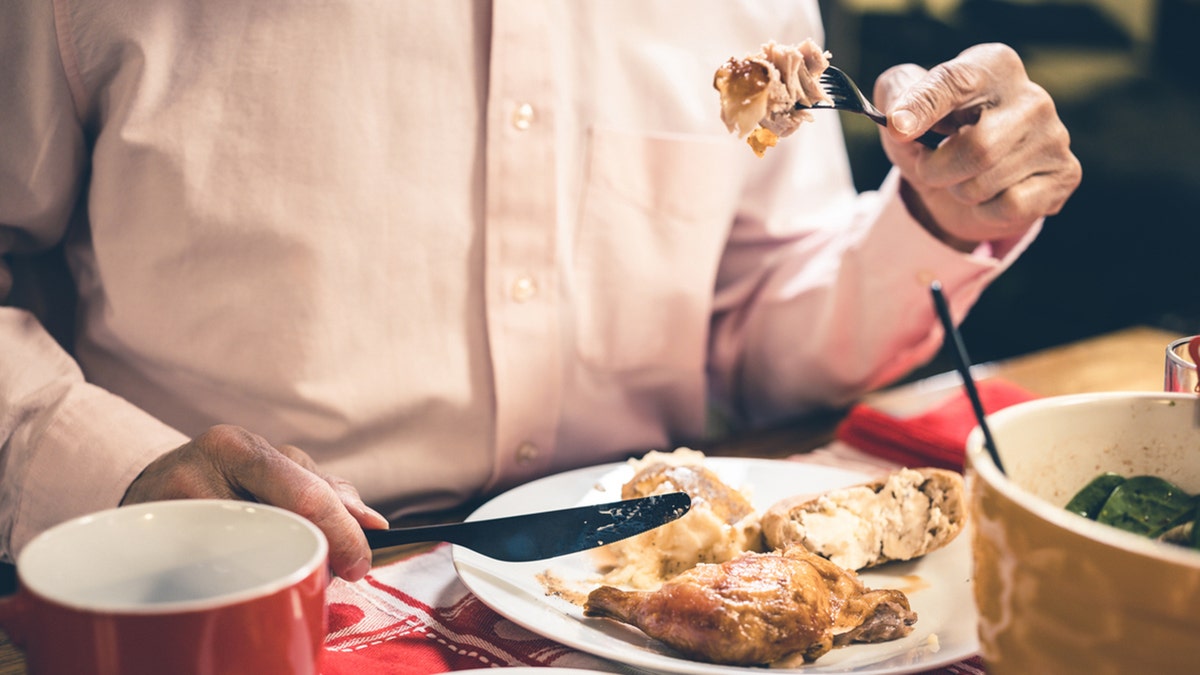
Experts recommend slowing down and chewing each bite thoroughly to help digestion. (iStock)
"One tip is to slow down — savor each bite, rather than eating like it’s your last meal," she advised.
"Chewing thoroughly not only helps with digestion, but also gives your body time to signal when it’s full, so you don’t overeat."
"It’s important to give your body the space to process everything."
Maitland also recommends drinking water throughout the day to support the breakdown of food and to prevent bloating.
Another way to support digestion is to incorporate movement after the meal, which could be as simple as taking a walk or playing a family game, she added.
CLICK HERE TO GET THE FOX NEWS APP
"Movement helps stimulate the digestive system and keeps things moving, so you can avoid the ‘food coma’ feeling," Maitland said.
"It doesn’t have to be a structured workout — get creative and don’t underestimate the power of a little stroll."
Angelica Stabile is a lifestyle reporter for Fox News Digital.

